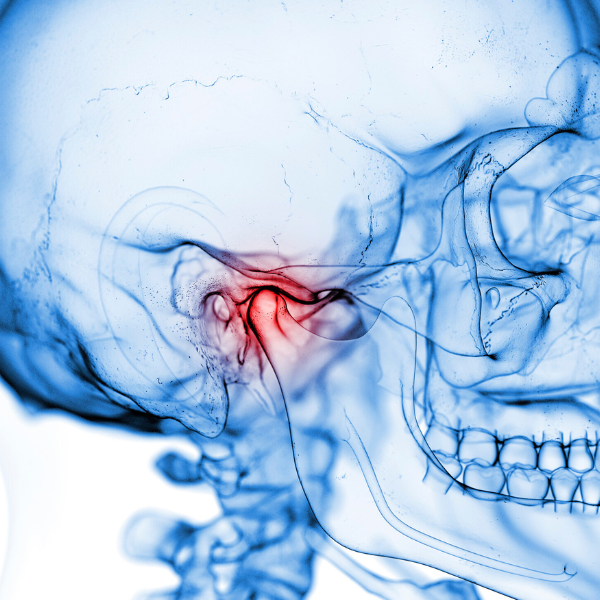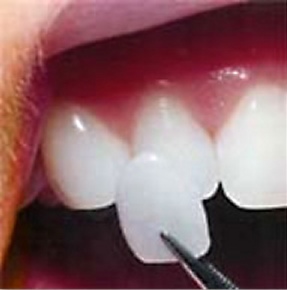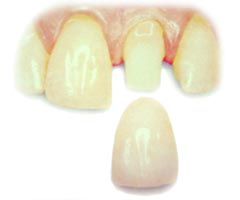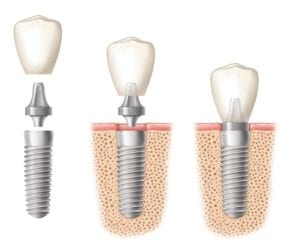I had jaw pain and popping with my last dental bridge and had to see a TMJ specialist to correct it. I got that bridge in 2001, so it is time to replace it. I relocated and switched dentists in 2014. Three weeks ago, I asked her about a new bridge, and she recommended a zirconia bridge. The pretreatment estimate includes a porcelain upgrade, which my dentist did not explain. I’ve had a billing issue in the past with this practice, so before I call, can you explain the porcelain upgrade? Is this related to my previous TMJ issues? Or should I be concerned that the jaw pain and popping will recur? Thanks, Hannah
Hannah,
We understand your concerns about a new dental bridge, especially if you’ve had TMJ concerns that required a specialist to resolve.
Will Jaw Pain and Popping Recur with a New Dental Bridge?

Get a second opinion to prevent or resolve temporomandibular joint (TMJ) complications
Jaw pain and popping will not recur with a new dental bridge if your dentist has advanced occlusion and bite training. A dentist with post-graduate occlusion and bite training understands how your teeth should meet when you close your mouth or chew. Also, the contact force between your teeth affects your facial and jaw muscles.
Are TMJ and Zirconia Crowns Related?
Online articles about zirconia crowns have varying opinions about how zirconia crowns affect your TMJ (jaw joint) risks. Your dentist must take accurate impressions of your mouth and ensure your bridge fits well and is in harmony with your lips and bite.
What Is a Porcelain Upgrade for Your Bridge?
The dental office’s terminology of a porcelain upgrade is not a term that dentists commonly use. You should call the office and ask for an explanation of the terminology. You can check the insurance company for their opinion on the upgrade if you have dental insurance. Your pretreatment estimate will help you anticipate out-of-pocket costs.
Although we are unsure of what “porcelain upgrade” means, below are possibilities:
- Your dentist may be planning for premium crowns if the bridge affects your front teeth.
- The framework for your crowns may be a more expensive metal or metal-free.
However, ensure your dentist gives you a thorough explanation before you agree to treatment. If you are uncomfortable with the answer, we suggest getting a second opinion from a dentist with TMJ training.
Metairie, Louisiana, dentist Dr. Duane Delaune sponsors this post. Learn more about TMJ symptoms and treatment.






